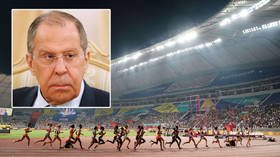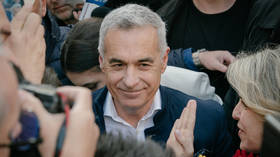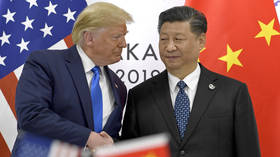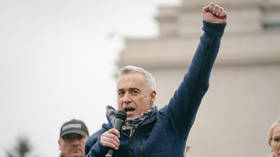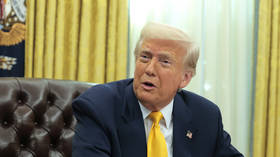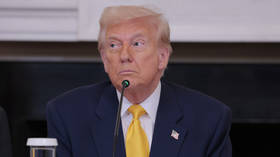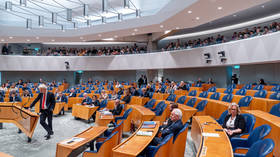World anti-doping chief wants end to US exceptionalism
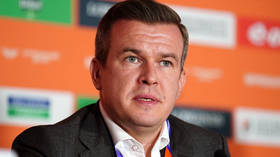
World Anti-Doping Agency (WADA) president Witold Banka has said his organization is stepping up efforts to get more American sports to align themselves with its regulations. Major US leagues and college sports remain largely outside the WADA system, operating their own anti-doping controls which are often seen as questionable.
While America has signed up to the WADA Code and has its own US Anti-Doping Agency (USADA), the likes of major leagues such as the NFL, NBA, MLB and others are not subject to WADA controls.
College sport is also something of a gray area, even though US athletes competing at international events are routinely tested.
The sense of American exceptionalism has been questioned down the years by officials at WADA and beyond – not least because the US is often quick to preach to other nations, such as it has done whenever Russia has faced doping allegations.
Back in December 2020, former President Donald Trump signed the Rodchenkov Act – named after a fugitive Russian doctor – which allows the US to prosecute individuals who engage in doping activity at competitions outside its borders if they involve Americans.
WADA boss Banka told Reuters this week that the time has now come for the US and its major sporting institutions to work more closely with his organization, suggesting that college sports body the NCAA (National Collegiate Athletic Association) would be a good place to start.
“Maybe the major leagues are more problematic, a different animal, because they are private business but the NCAA is a good example of an institution that should be a co-signatory [to the WADA Code],” Banka said on the sidelines of the Commonwealth Games in the UK city of Birmingham.
“We proposed some road maps for them. It was our initiative to encourage them and to start working the NCAA.
“It should be one of the main goals of USADA, it is their responsibility, it is their own backyard.”
The Polish official added that the NCAA and American pro sports should also be pressed on the issue by USADA and the US Olympic and Paralympic Committee (USOPC), because “we cannot force them to do it.”
“I told them we are very open to start working with you, but the ball is in their court now,” added said, who has discussed the issue with US officials.
The comments echo a statement by WADA when the Rodchenkov Act initially came into force, which said there were “legitimate concerns” over the American approach to anti-doping measures.
Back in 2018, then-WADA president Craig Reedie said the US should focus on getting its own house in order after criticism of the way the organization handled doping claims against Russia.
Russian Sports Minister Oleg Matytsin has previously said the Rodchenkov Act in particular “poses a threat to absolutely all national systems and organizations.”
